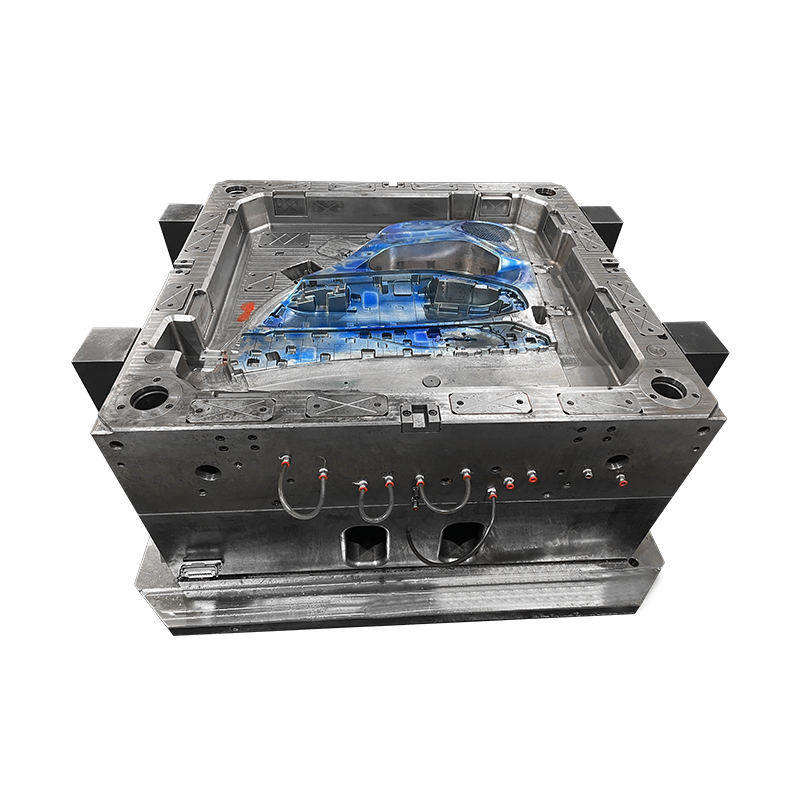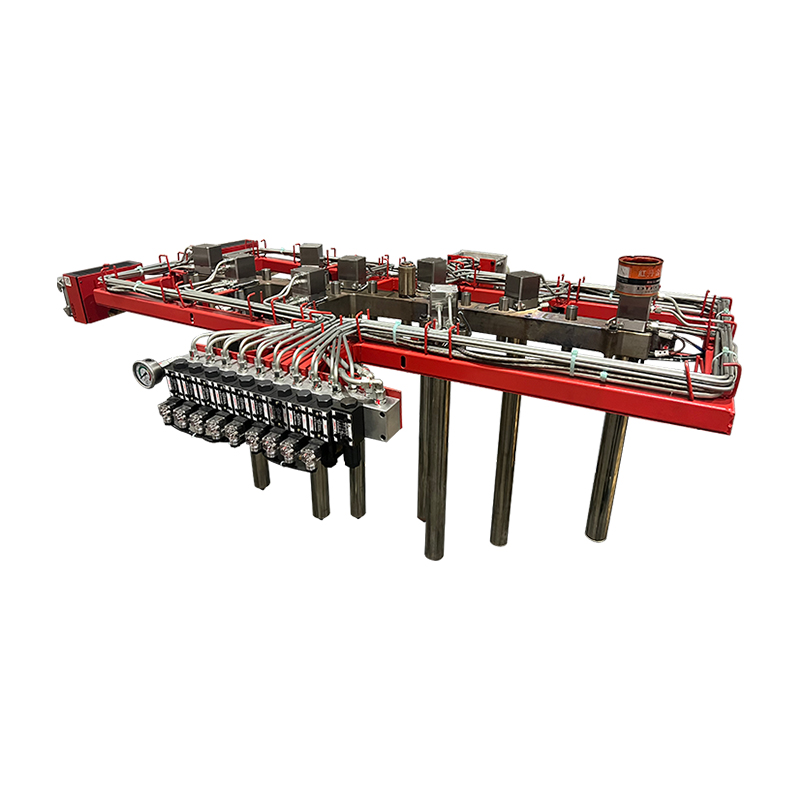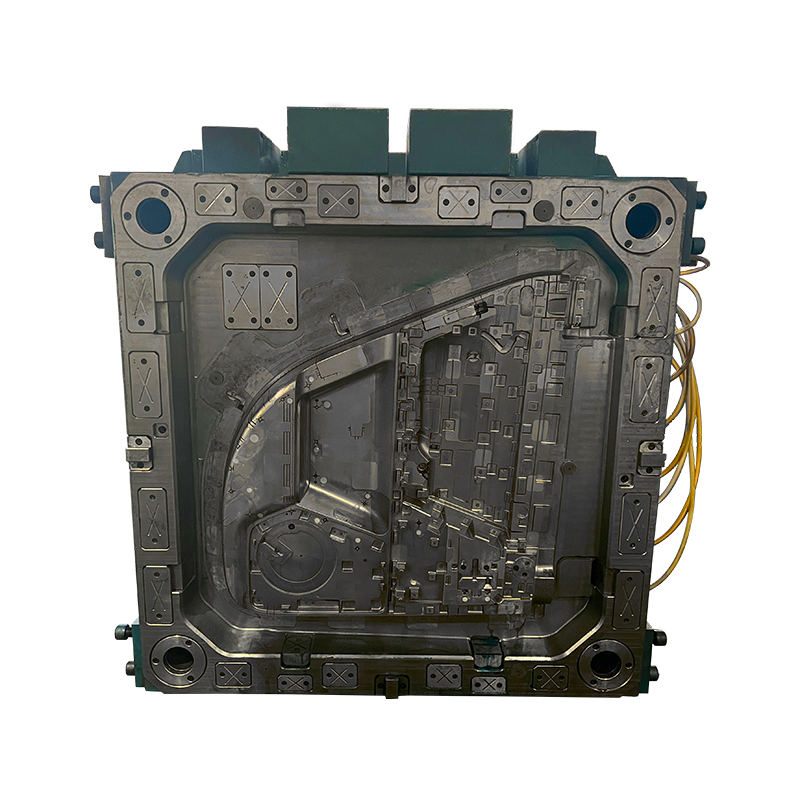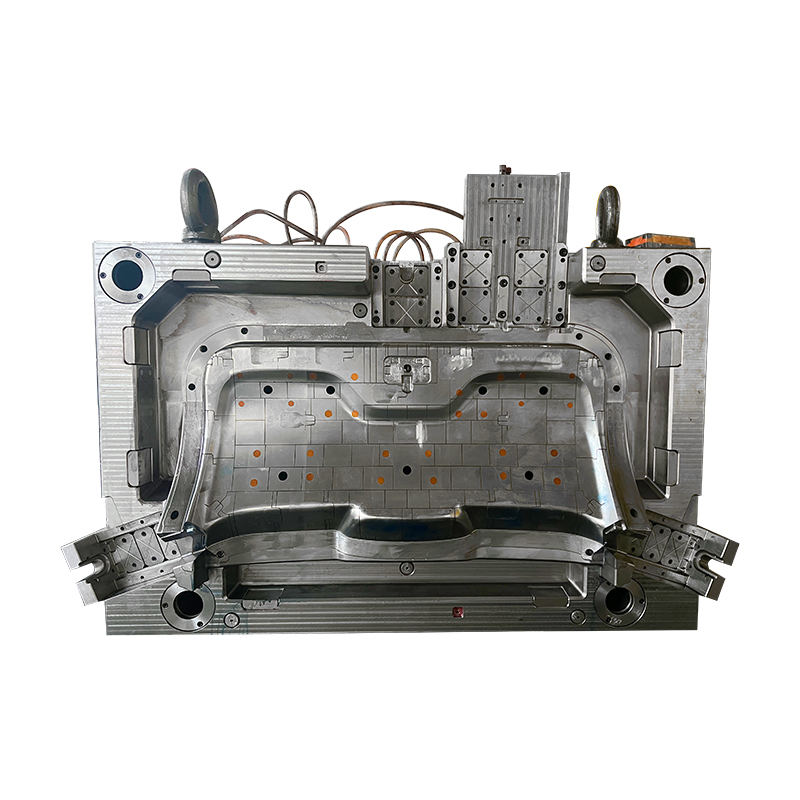OEM BMC Moulds and Bulk Molding Compounds for Sale
As industries evolve to meet the growing demand for high-performance, lightweight, and durable components, BMC (Bulk Molding Compound) moulds and BMC bulk molding compounds are emerging as critical solutions. Particularly in the automotive and electronics sectors, these materials offer a variety of benefits, including improved strength, reduced weight, and enhanced design flexibility. This article explores the growing role of BMC moulds and bulk molding compounds, highlighting their applications and advantages in these industries.
What Are BMC Moulds and BMC Bulk Molding Compounds?
BMC moulds are specially designed tools used to shape bulk molding compounds. BMC bulk molding compounds themselves are a mixture of thermoset resins, fillers, and reinforcements like glass fibers, making them ideal for injection molding. BMC materials are known for their high strength-to-weight ratio, making them particularly attractive for use in automotive and electronics manufacturing, where component performance and weight reduction are critical.
BMC Moulds and Bulk Molding Compounds in the Automotive Industry
The automotive industry has long relied on materials that provide both strength and weight savings, particularly as the push for electric vehicles (EVs) and fuel-efficient cars intensifies. BMC moulds and BMC bulk molding compounds are quickly becoming a go-to choice for manufacturers in this sector due to their ability to produce complex, lightweight components that do not compromise on strength. These materials are particularly useful in the production of automotive parts such as bumpers, interior panels, and electrical housings.
The ability of BMC to reduce weight while maintaining high strength makes it ideal for enhancing fuel efficiency in traditional vehicles and improving the range of electric vehicles. BMC bulk molding compounds also offer greater design flexibility, allowing manufacturers to create intricate shapes and sizes that would be difficult to achieve with traditional materials like metals or plastics.
Furthermore, BMC components are highly resistant to heat and corrosion, which makes them suitable for demanding automotive environments where components are exposed to temperatures and harsh conditions. This enhances the durability and lifespan of the parts, reducing maintenance costs over time.
BMC Moulds and Bulk Molding Compounds in the Electronics Industry
In the electronics industry, the need for smaller, more efficient, and durable components continues to drive innovation. BMC moulds and BMC bulk molding compounds are gaining popularity in the production of electrical connectors, casings for electronic devices, and other precision parts. Their high dimensional stability ensures that electronic components retain their shape under varying environmental conditions, which is crucial for maintaining performance.
BMC's resistance to electrical conductivity also makes it an ideal material for insulation applications, providing an effective barrier against electrical currents. As electronics continue to become more compact and powerful, the demand for materials like BMC will only increase, providing manufacturers with a reliable and cost-effective solution for creating high-quality components.
Moreover, the ease with which BMC can be molded into intricate shapes and the ability to incorporate reinforcements such as glass fibers make it an attractive choice for complex electronic designs. Whether it's producing sturdy connectors or durable device enclosures, BMC bulk molding compounds offer the necessary characteristics to meet the ever-growing demands of the electronics market.
The Advantages of BMC Moulds and Bulk Molding Compounds
Both BMC moulds and BMC bulk molding compounds offer several key advantages for manufacturers in the automotive and electronics sectors. Some of these advantages include:
Lightweight Components: Reducing weight is crucial for automotive and electronics manufacturers aiming to improve performance and energy efficiency.
High Strength: Despite their lightweight nature, BMC components maintain strength, making them suitable for high-stress applications.
Design Flexibility: BMC allows for the production of complex shapes and designs that are difficult or expensive to achieve with other materials.
Durability: BMC parts are highly resistant to heat, corrosion, and wear, making them ideal for long-lasting applications.
Cost-Effective Manufacturing: The efficiency of BMC moulds reduces production time and costs, providing manufacturers with a more affordable solution for high-performance parts.
As the automotive and electronics industries continue to prioritize performance, efficiency, and durability, BMC moulds and BMC bulk molding compounds are playing an increasingly important role. These materials are meeting the demand for high-strength, lightweight components that are essential for the next generation of vehicles and electronic devices. With their exceptional design flexibility, resistance to harsh conditions, and cost-effective production processes, BMC moulds and BMC bulk molding compounds are poised to be at the forefront of industrial innovation in tese key sectors.












